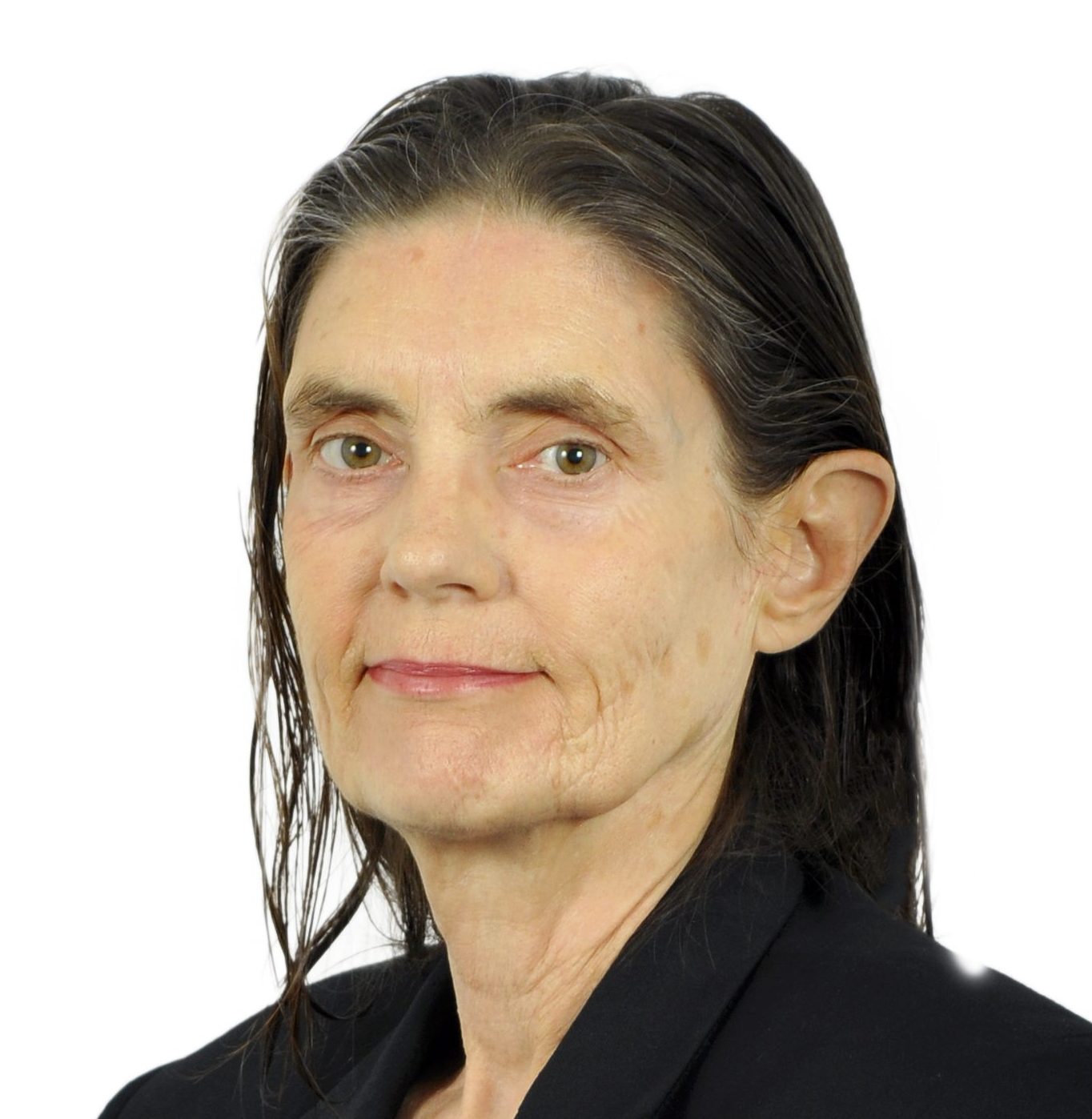Featured Topics
Featured Products
Events
S&P Global Offerings
Featured Topics
Featured Products
Events
S&P Global Offerings
Featured Topics
Featured Products
Events
S&P Global Offerings
Featured Topics
Featured Products
Events
Our Methodology
Methodology & Participation
Reference Tools
S&P Global
S&P Global Offerings
S&P Global
Research & Insights
Our Methodology
Methodology & Participation
Reference Tools
S&P Global
S&P Global Offerings
S&P Global
Research & Insights
20 Aug 2020 | 07:26 UTC — Dubai
Highlights
Power plants in Basra, Mosul, Baghdad, Karbala
GE has added 1.575 GW of new capacity since December
Prime minister to meet Trump on Aug. 20
Dubai — General Electric said it signed two deals with Iraq's Ministry of Electricity to upgrade several power plants and improve stability and connection with Jordan's grid as OPEC's second-largest oil producer comes under increased US pressure to wean itself off Iranian electricity and natural gas imports.
A $500 million agreement by GE Gas Power will conduct an upgrade, maintenance and service of power plants in Basra, Mosul, Baghdad and Karbala to maintain the supply at over 6,000 MW of electricity, GE said in a statement Aug. 19.
A $727 million deal with GE Renewable Energy's grid solutions will "reinforce Iraq's transmission network, enhancing grid stability and interconnection with the electricity grid of Jordan," it said.
The deals were among several projects announced in Washington as the US and Iraq discussed ways for the Asian country to increase domestic electricity and gas production, reduce wasteful gas flaring, and implement energy market reforms.
The two governments plan to hold an Energy Joint Coordination Committee meeting "soon" to discuss these topics in more detail, the White House said in an Aug. 19 statement.
GE has added 1.575 GW of new capacity in Iraq since December 2019, and has been able to provide sustained delivery of 4.325 GW to meet peak summer demand.
In June, Iran signed a two-year agreement to export electricity to Iraq as Baghdad continues to receive a temporary US waiver to import power from Tehran despite sanctions on its energy industry.
The US on May 7 extended Iraq's sanction waiver by 120 days to import Iranian electricity, as the Trump administration looks to provide some stability to the politically fractured nation.
Prime Minister Mustafa al-Kadhimi has been caught in a political crisis over power shortages as protests erupted this summer demanding improved electricity services. Popular discontent has become a political issue given that summer temperatures have surpassed 50 C (122 F).
Kadhimi is set to meet US President Donald Trump on Aug. 20 to discuss energy cooperation, regional security issues and the coronavirus pandemic, the White House said.
